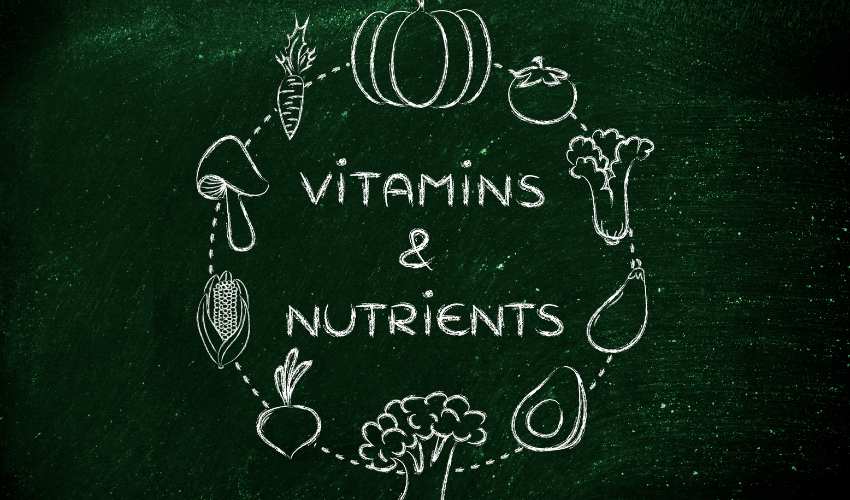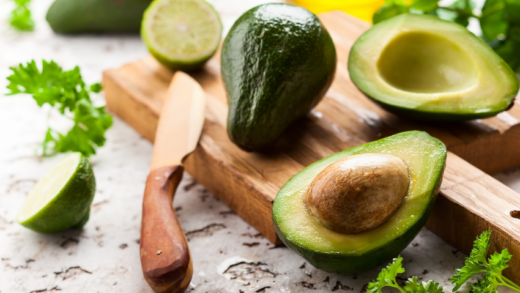Vegetables are the foundation of a healthy diet, but not all vegetables are created equal. Some are packed with essential nutrients and provide numerous health benefits, while others are low in nutrients and offer little more than fiber and water. Choosing the most nutrient dense vegetables can make a significant impact on your overall health and well-being.
In this article, we will explore the most nutrient dense vegetables and their benefits. We will also provide tips on how to incorporate them into your diet and answer some frequently asked questions.So, what are the most nutrient dense vegetables and what are their benefits? Let’s find out.
Top 10 Most Nutrient Dense Vegetables
- Kale
- Spinach
- Broccoli
- Swiss Chard
- Brussels Sprouts
- Collard Greens
- Watercress
- Arugula
- Beet Greens
- Bok Choy
Health Benefits of Nutrient Dense Vegetables
- High in antioxidants
- Anti-inflammatory properties
- Promote heart health
- Boost immune system
- Reduce risk of chronic diseases
- Improve digestion and gut health
How to Incorporate Nutrient Dense Vegetables into Your Diet
- Add to smoothies and juices
- Roast or sauté as a side dish
- Make salads and slaws
- Substitute for pasta or rice
- Make soups and stews
Bullet Points:
- Kale: high in vitamins A, C, K, calcium, and antioxidants.
- Spinach: rich in iron, magnesium, vitamin K, and antioxidants.
- Broccoli: contains vitamins C, K, and A, folate, and fiber.
- Swiss Chard: high in vitamins A, C, and K, as well as iron and magnesium.
- Brussels Sprouts: rich in vitamin C, fiber, and antioxidants.
- Collard Greens: packed with vitamins A, C, and K, as well as calcium and iron.
- Watercress: high in vitamin C, calcium, and antioxidants.
- Arugula: contains vitamins A, C, and K, as well as calcium and iron.
- Beet Greens: rich in vitamin K, calcium, and antioxidants.
- Bok Choy: high in vitamins A, C, and K, as well as calcium and iron.
FAQs:
What are the most nutrient dense vegetables?
The top 10 most nutrient dense vegetables are kale, spinach, broccoli, Swiss chard, Brussels sprouts, collard greens, watercress, arugula, beet greens, and bok choy.
What is the best way to prepare nutrient dense vegetables?
You can prepare nutrient dense vegetables by roasting, sautéing, steaming, or blanching them. You can also add them to smoothies, salads, or soups to increase their nutrient density.
Can you eat too many nutrient dense vegetables?
While it is unlikely that you can eat too many vegetables, consuming excessive amounts of some nutrient dense vegetables like kale and spinach may interfere with the absorption of certain nutrients like calcium.
Are frozen vegetables as nutrient dense as fresh ones?
Yes, frozen vegetables can be just as nutrient dense as fresh ones. In some cases, frozen vegetables may even contain more nutrients as they are frozen at their peak ripeness.
How much of these vegetables should I eat to get the maximum benefit?
It is recommended to eat at least 2-3 servings of vegetables per day, with a focus on nutrient dense options. A serving is generally considered to be 1 cup of leafy greens or 1/2 cup of other vegetables.
Conclusion:
Incorporating the most nutrient dense vegetables into your diet is one of the most powerful things you can do for your health. These vegetables not only provide essential vitamins, minerals, and antioxidants, but also offer numerous health benefits, including reducing the risk of chronic diseases and promoting optimal digestion and gut health. By including these vegetables in your meals and snacks, you can ensure that your body is getting the nutrients it needs to thrive.
























